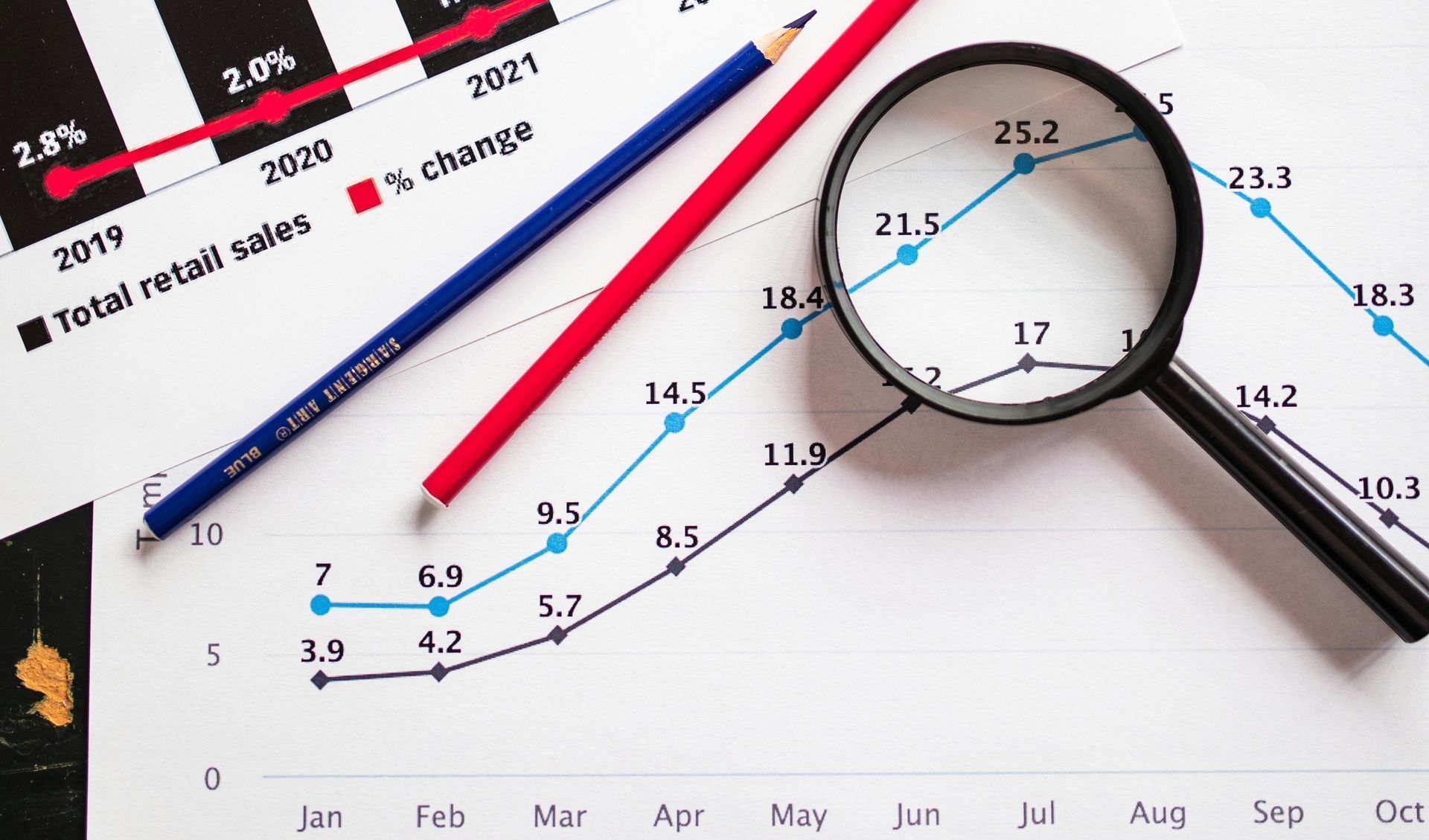Changes to Dividend income – Autumn Statement 2022
In March 2022 when the Chancellor at the time, Rishi Sunak delivered his Spring Budget, the tax rates on dividend income over £2,000 were increased to correspond to increases in National Insurance Contributions (NICs) taking effect from 6th April 2022 and the Health and Social Care Levy (HSCL)
that was to have applied to earned income from 6th April 2023.
- The ordinary dividend rate, paid by basic rate taxpayers, rose from 7.5% to 8.75%
- The upper rate (for higher rate taxpayers) rose from 32.5% to 33.75%
- The additional rate (for those with income above £150,000 a year) rose from 38.1% to 39.35%
These rates apply across the UK for the 2022/23 tax year.
In September 2022, the then Chancellor Kwasi Kwarteng proposed to reverse these increases in dividend taxation with effect from April 2023, as well as cancelling the HSCL altogether and reversing the increases in NICs from 6th November 2022.
In November 2022, the current chancellor Jeremy Hunt delivered his Autumn Statement.
The cancellation of HSCL and the reductions in NICs were the most significant parts of Mr Kwarteng’s mini-Budget to survive; however, the dividend rates will remain at their current higher levels in 2023/24 and for the foreseeable future, albeit a minor change in the fact that the additional rate of 39.35% will apply to those with total income above £125,140 (as opposed to £150,000) in 2023/24 reducing the threshold to that of the Income Tax additional rate threshold reduction also announced.
In addition to this, the chancellor announced that the dividend allowance will be reduced.
What is the dividend allowance going forward?
At its introduction in April 2016 it was set at £5,000. In April 2018 and up until this year £2,000. It will now fall further:
- £1,000 on 6th April 2023
- £500 on 6th April 2024
The change in the allowance will raise about £0.5 billion to the Treasury in the first year and nearly £1 billion a year after that, roughly the same as the reduction in the 45% rate threshold.
A company owner who takes profits mainly in the form of dividends, and has total income between £50,000 and £125,140, will pay £337 more tax in 2023/24 as a result of this change. However, the reduction in the allowance not only means that a company owner will pay more tax, but the reduction in the allowance will also require many more people to file self-assessment tax returns to settle what will often be a relatively small tax liability.
Download the full Autumn Statement 2022 report
-
Get In Touch
Need some Advice?
We are proactive, supportive and discreet, making Friend Partnership the first choice for many entrepreneurial businesses and successful individuals.

Friend Partnership is a forward-thinking firm of Chartered Accountants, Business Advisers, Corporate Finance and Tax Specialists, based In The UK
Registered to carry out audit work in the UK and regulated for a range of investment business activities by the Institute of Chartered Accountants in England and Wales
Company registration number: 07746831





